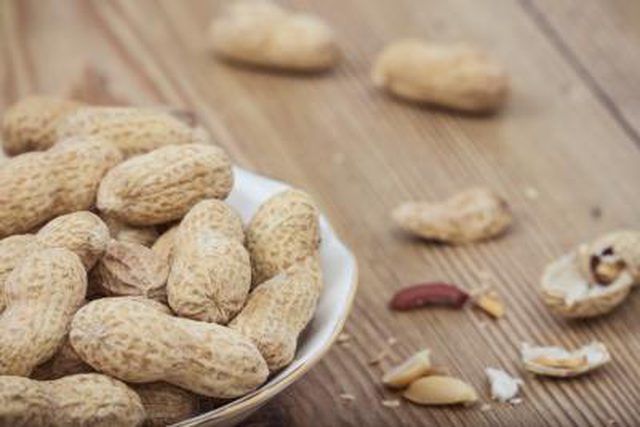Bulbs
Flower Basics
Flower Beds & Specialty Gardens
Flower Garden
Garden Furniture
Garden Gnomes
Garden Seeds
Garden Sheds
Garden Statues
Garden Tools & Supplies
Gardening Basics
Green & Organic
Groundcovers & Vines
Growing Annuals
Growing Basil
Growing Beans
Growing Berries
Growing Blueberries
Growing Cactus
Growing Corn
Growing Cotton
Growing Edibles
Growing Flowers
Growing Garlic
Growing Grapes
Growing Grass
Growing Herbs
Growing Jasmine
Growing Mint
Growing Mushrooms
Orchids
Growing Peanuts
Growing Perennials
Growing Plants
Growing Rosemary
Growing Roses
Growing Strawberries
Growing Sunflowers
Growing Thyme
Growing Tomatoes
Growing Tulips
Growing Vegetables
Herb Basics
Herb Garden
Indoor Growing
Landscaping Basics
Landscaping Patios
Landscaping Plants
Landscaping Shrubs
Landscaping Trees
Landscaping Walks & Pathways
Lawn Basics
Lawn Maintenance
Lawn Mowers
Lawn Ornaments
Lawn Planting
Lawn Tools
Outdoor Growing
Overall Landscape Planning
Pests, Weeds & Problems
Plant Basics
Rock Garden
Rose Garden
Shrubs
Soil
Specialty Gardens
Trees
Vegetable Garden
Yard Maintenance
Can Peanut Shells Be Used for Compost?
Can Peanut Shells Be Used for Compost?. Peanuts (Arachis hypogaea) are edible, annual legumes that are used to make cooking oil, which can be found in foods such as packaged baked goods and salad dressings. Many people also enjoy eating peanuts roasted in the shell, and although the shells are edible too, they are usually discarded. Instead of...

Peanuts (Arachis hypogaea) are edible, annual legumes that are used to make cooking oil, which can be found in foods such as packaged baked goods and salad dressings. Many people also enjoy eating peanuts roasted in the shell, and although the shells are edible too, they are usually discarded. Instead of wasting those shells, put them to use in your garden by adding them to your compost pile.
Peanuts Make for Good Compost
Putting peanut shells in your compost pile keeps them out of the landfill, and they add carbon to your compost. Carbon is an energy source that nourishes microorganisms that break down compost materials, according to Washington State University. When there's not enough carbon in your compost pile, the materials in your heap won't break down as quickly, which can cause the microorganisms to die.
It Takes Awhile, Though
One drawback of putting peanut shells in your compost is that they break down slowly. That's thanks to their tightly intertwined cellulose tissues, according to Barbara Pleasant and Deborah L. Martin, authors of "The Complete Compost Gardening Guide." In fact, you might see peanut shells that you added to your compost pile in the spring still hanging around in the fall. This isn't necessarily a bad thing, however, because they will break down eventually and they do supply organic matter to the rest of your compost, Pleasant and Martin note.
How to Compost Those Shells
Salted peanuts pose a problem when it comes to your compost. Too much salt will poison the microorganisms in your compost pile, Pleasant and Martin report. Before adding the peanut shells to the compost, rinse them thoroughly to wash the salt off the shells, Kelly Smith recommends in her book "How to Build, Maintain, and Use a Compost System." Soaking them will also help them decompose more quickly.
It Might Be a Bad Idea, However
Though peanut shells can provide valuable nutrients to your compost heap, they can harbor fungal diseases and nematodes, which are pests that eat the roots of your plants, according to the University of Florida. If the shells are infected when you add them to your compost pile, the infection could be transferred to your plants when you layer the compost around them.